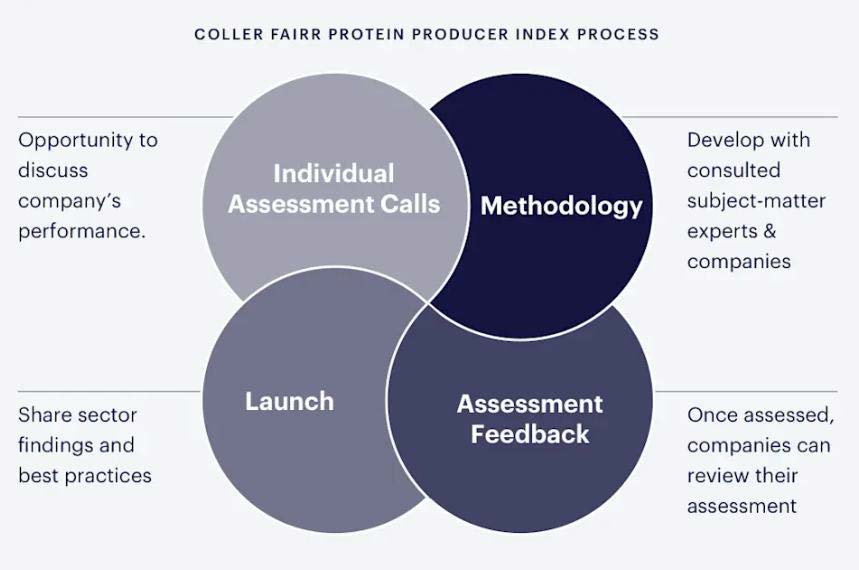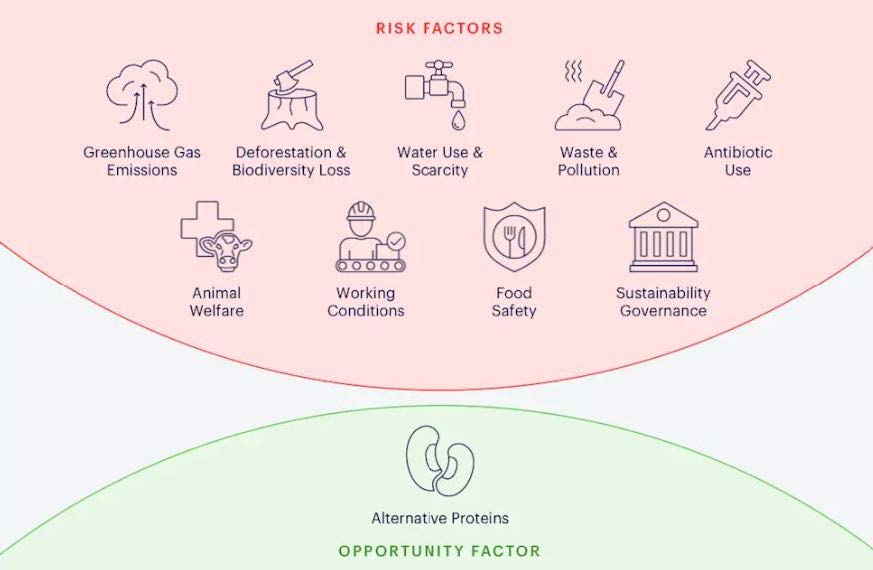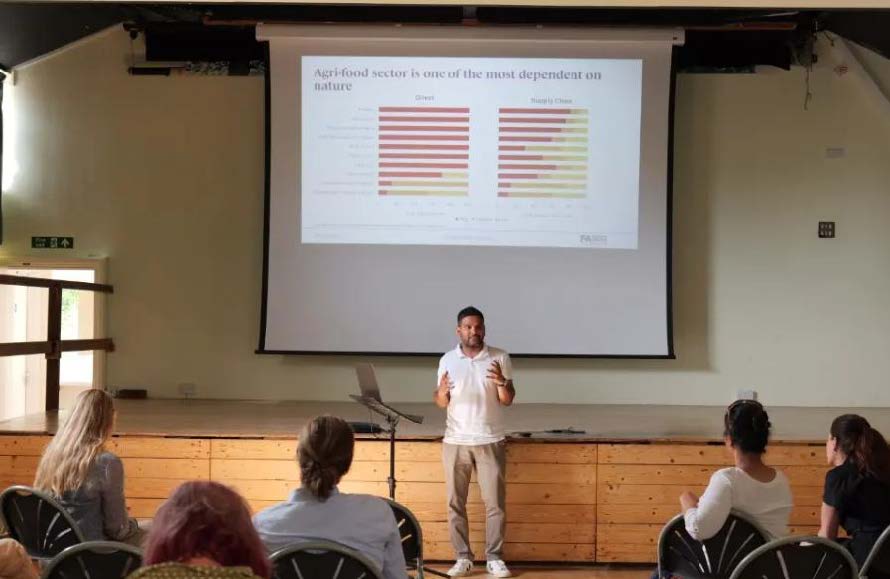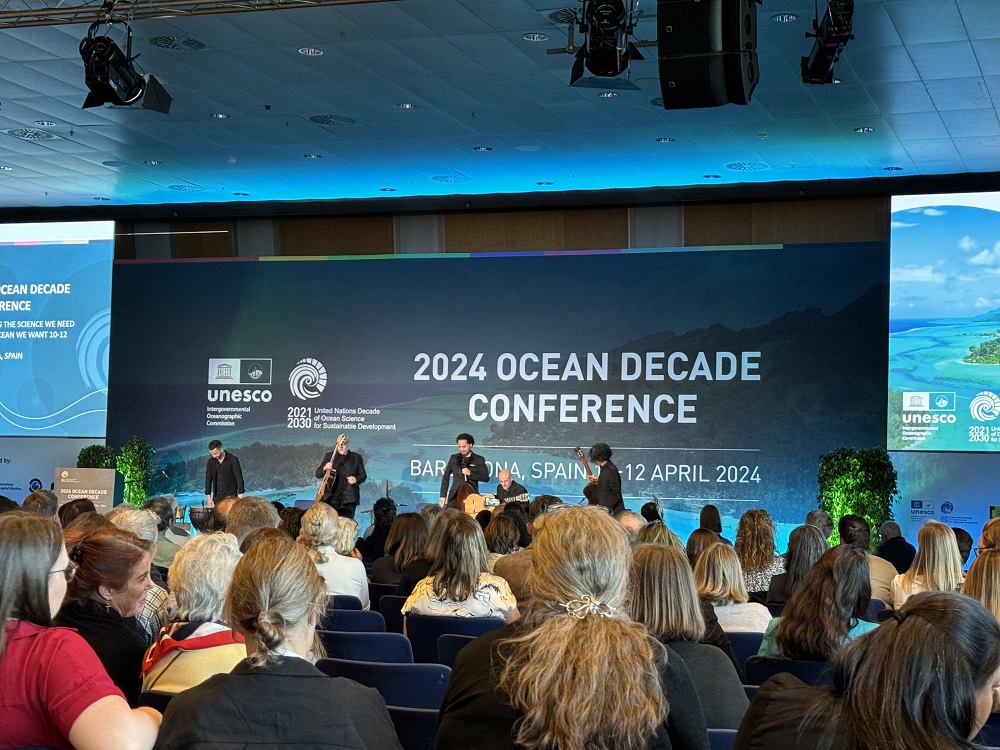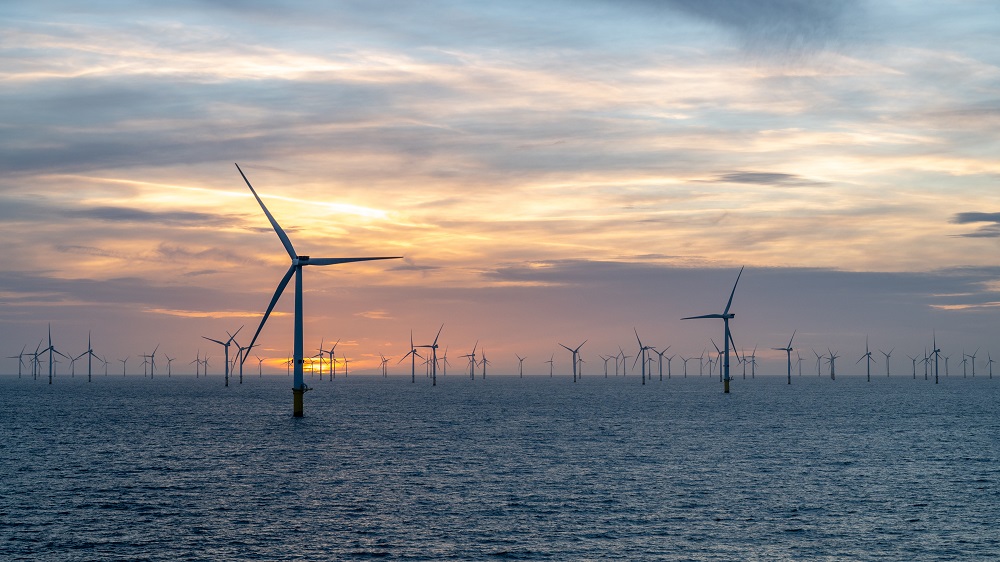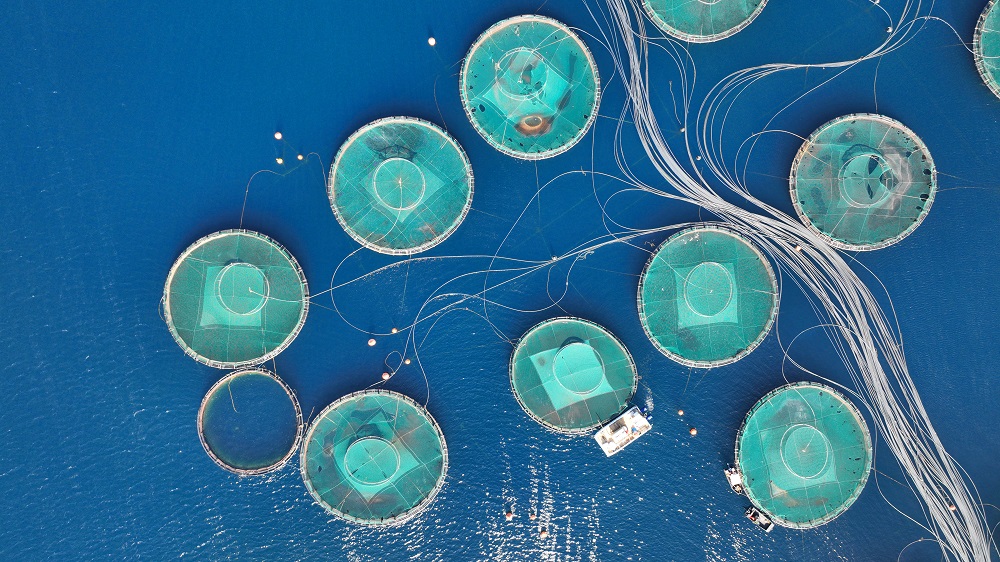Pollution “is definitely a material factor, and investors do recognise that,” says Mr Boucher. “What is slowing engagement is that it’s a very technical topic. It’s very, very difficult to understand how it all plays out across the value chain. How water, soil and air all come together, and things like the nitrogen cycle, your average accountant would not be very comfortable navigating without expert support. So that’s why [initiatives such as FAIRR that provide tailored education and support for investors] are really important.”
FAIRR’s experience proves that finance need not be a bystander in the fight against ocean pollution but can be one of the most powerful levers for change. By translating complex science into investor-relevant risks and opportunities, convening unlikely allies and connecting data directly to corporate accountability, FAIRR has shown how capital can accelerate environmental action.
If investors demand pollution-free oceans, companies will follow. The opportunity now is to replicate and scale this model, making ocean health a financial priority as well as an ecological one. The message is clear: when pollution threatens profits, investment becomes a form of protection.










 The scourge of untreated wastewater
The scourge of untreated wastewater Slowing
the chemical tide: safeguarding human and ocean health amid
chemical pollution
Slowing
the chemical tide: safeguarding human and ocean health amid
chemical pollution Hazardous chemicals in plastics - the discussions at INC
Hazardous chemicals in plastics - the discussions at INC








